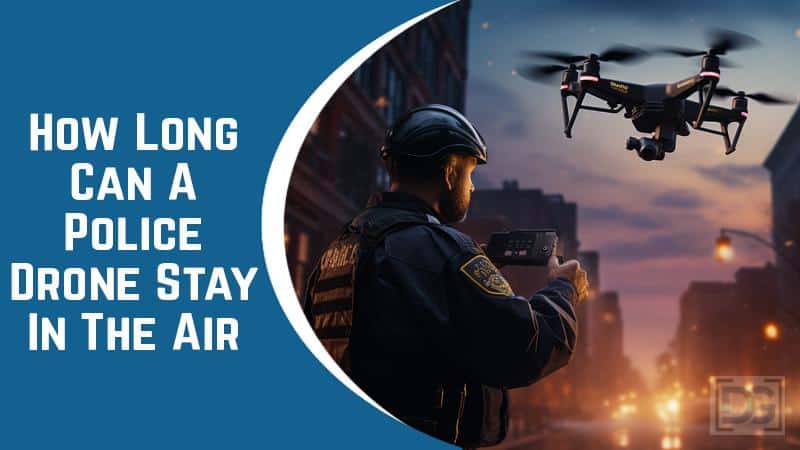Are Dji Drones Waterproof. Drones have become essential for photography, videography, and recreational flying. Among the popular drone manufacturers, DJI stands out for its high-quality products. Many drone enthusiasts and professionals often wonder whether DJI drones are waterproof. In this comprehensive guide, we will explore this question in detail, providing you with all the information you need about the waterproof capabilities of DJI drones.
Understanding DJI Drones
Before diving into waterproofing, let’s start by understanding what DJI drones are. DJI, which stands for Da-Jiang Innovations, is a well-known Chinese drone manufacturer that has revolutionized the consumer and professional drone market. DJI offers a wide range of drones with varying features, capabilities, and price points, catering to the needs of hobbyists, photographers, filmmakers, and industry professionals. When it comes to finding the perfect Dji Drones Waterproof DJI Avata Pro-View Combo then will be a good option.
The Waterproofing of DJI Drones
When it comes to the question of whether DJI drones are waterproof, the answer is complex. DJI produces drones with different levels of water resistance, and it’s crucial to understand the distinctions. You may be interested in this also: How Long Can a Police Drone Stay in the Air
- Water-Resistant vs. Waterproof: DJI drones are designed to be water-resistant, not waterproof. Water-resistant means that they can withstand exposure to light rain and moisture to some extent. However, they are not built to be submerged in water or endure heavy rain for extended periods.
- IP Ratings: Some DJI drones, like the Mavic 2 Enterprise and the Matrice series, come with an IP43 rating. IP ratings indicate the level of protection against solids and liquids. An IP43 rating means the drone is protected from water splashes from all directions, offering some degree of water resistance.
- Splashproof vs. Waterproof: DJI drones are often described as “splashproof,” which means they can handle occasional splashes of water or light rain but should not be exposed to water immersion.
Factors Affecting DJI Drone Water Resistance
Several factors influence the water resistance of DJI drones:
- Design and Build: The design and construction of the drone play a significant role in its water resistance. Some models are better sealed against moisture than others.
- Seals and Gaskets: Drones with high-quality seals and gaskets around critical components are more likely to be water-resistant.
- Ventilation: Proper ventilation design can prevent moisture from entering sensitive areas of the drone.
- Waterproof Accessories: Some DJI drones offer waterproof accessories, such as floats, to enhance water resistance when flying over water.
Tips for Flying DJI Drones in Wet Conditions
While DJI drones are not fully waterproof, you can take precautions to fly them safely in wet conditions:
- Check Weather Conditions: Always check the weather forecast before flying your drone. Avoid flying in heavy rain or thunderstorms.
- Use Propeller Guards: Propeller guards can help prevent water from getting into the motors during light rain or splashes.
- Waterproof Accessories: Consider using waterproof accessories like landing gear extensions or floatation devices when flying over water.
- Dry and Clean After Flight: After flying in damp conditions, thoroughly dry and clean your drone to prevent moisture damage.
FAQs
Can DJI drones fly in the rain?
DJI drones are not designed for heavy rain, but many can handle light rain or drizzle due to their water-resistant features. However, flying in any rain is not recommended to prevent potential damage.
What should I do if my DJI drone gets wet?
If your DJI drone gets wet, power it off immediately, remove the battery, and allow it to dry completely before using it again. Check for any signs of damage or moisture inside the drone.
Are there any DJI drones designed explicitly for water-related activities?
While DJI does not have fully waterproof drones, some models, like the DJI Mavic Air 2, have accessories available, such as waterproof cases and floats, to enhance water resistance for water sports enthusiasts.
Conclusion
In conclusion, DJI drones are not waterproof but are designed to be water-resistant to varying degrees. They can withstand light rain and splashes but should not be submerged in water or exposed to heavy rain for extended periods. It’s crucial to understand the limitations of your DJI drone’s water resistance and take precautions when flying in wet conditions. Always check the weather forecast, use propeller guards when necessary, and consider using waterproof accessories for added protection. Additionally, if your DJI drone does get wet, ensure it dries completely before attempting to power it on again. By following these guidelines and understanding your DJI drone’s capabilities, you can enjoy flying safely in various conditions while protecting your valuable equipment.

